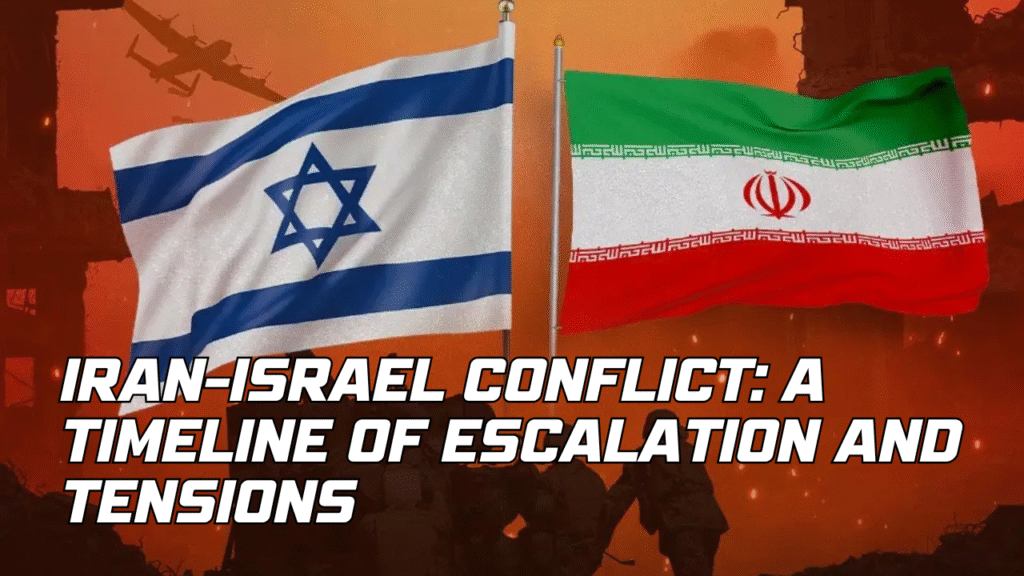Introduction
Iran’s nuclear program, monitored by the International Atomic Energy Agency (IAEA), remains a flashpoint in the Iran-Israel conflict. Israel, widely believed to possess nuclear weapons, perceives Iran’s potential nuclear capabilities as an existential threat. Recent Israeli airstrikes on Iranian nuclear facilities—including Natanz—and Iran’s retaliatory missile attacks on Tel Aviv and Jerusalem have escalated tensions. This blog examines Iran’s nuclear ambitions, Israel’s military strategy, and the broader geopolitical consequences, citing sources such as CNN and Reuters.
Iran’s Nuclear Program
Iran’s nuclear activities, concentrated at sites like Natanz and Fordow, are officially for peaceful energy purposes. However, Western nations and Israel suspect a covert weapons program. The IAEA has documented Iran enriching uranium to near-weapons-grade levels, prompting preemptive Israeli strikes.
On June 13, 2025, Israel launched a major attack on Natanz and other installations, killing nuclear scientists and high-ranking military officials, including Amir Ali Hajizadeh. While Iranian state media (IRNA) downplayed the damage, Prime Minister Benjamin Netanyahu declared the strikes a “severe blow” to Iran’s nuclear progress.
Israel’s Strategic Response
Israel’s “Operation Rising Lion” deployed 200 fighter jets and drones, targeting Iran’s nuclear and missile infrastructure. The operation also eliminated key figures like Mohammad Bagheri and Hossein Salami, aiming to cripple Iran’s military command.
Iran retaliated with missile strikes, most of which were intercepted by Israel’s Iron Dome. However, some projectiles caused civilian casualties in Tel Aviv. According to Reuters, Netanyahu’s objective is to neutralize Iran’s nuclear and ballistic missile threats, potentially destabilizing the regime in the process.
Global Reactions
The UN and Western powers have urged de-escalation. The US, while backing Israel’s right to self-defense, has not endorsed regime change (Reuters). Iran’s threats against Western military bases have further inflamed tensions, with the UK, France, and US calling for restraint. The breakdown of US-Iran nuclear talks in Muscat underscores the collapse of diplomatic efforts.
Does Iran Have Nuclear Weapons?
There is no confirmed evidence that Iran possesses nuclear weapons. The IAEA indicates Iran is nearing the technical capacity but has not weaponized its program. While Israel’s strikes aim to delay or dismantle Iran’s progress, experts caution that military action alone cannot fully eradicate Iran’s nuclear capabilities.
Conclusion
The Iran-Israel conflict over Tehran’s nuclear ambitions is a high-stakes geopolitical crisis. Israel’s aggressive military campaign and Iran’s retaliatory strikes have pushed the region toward full-scale war. Diplomatic intervention, supported by the IAEA and global powers, is essential to prevent further escalation and restore stability.

